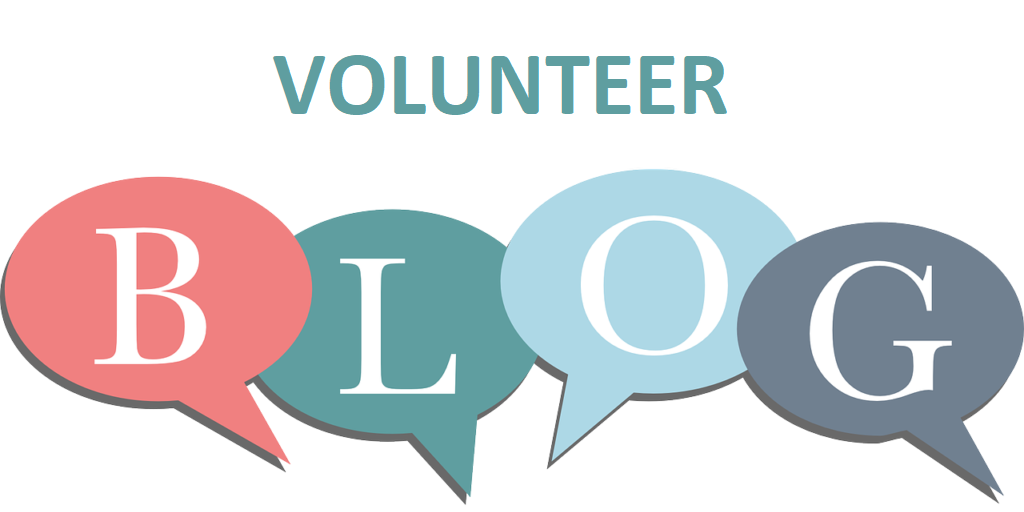6 Wellness Practices to Healthy and Happier Living
Cultivating good wellness practices is a beneficial aspect to add to your daily routine. These practices may reduce mental stress in your life and can lead you to live happier days. Here are some areas/practices to focus on.
Proper Sleep
Sleep has so many benefits for our bodies. It allows for brain processes to be consolidated, our bodies to be repaired, etc. Poor sleep has shown to be linked to heightened anxiety and depression and a weaker immune system. Sleep problems have seen to be especially common, affecting more than 50% of individuals, with psychiatric disorders, such as ADHD (attention deficit hyperactivity disorder), depression, bipolar disorder, and anxiety.
Especially during this difficult time where these issues are of the utmost importance, make sure you get proper sleep. This can be aided by lifestyle changes, drinking or smoking less, regular physical activity, creating good sleep hygiene or routines, practicing relaxation techniques, etc.
Gut Health
Researchers for Frontiers in Psychiatry have shown that the microbiomes in the gut affect different bodily functions which include regulating mental states and sleep. Stress, both emotional and physiological, on your body can affect these microorganisms in the gut which in turn can lead to a multitude of mental health disorders. Therefore, take care of your gut and stress levels to keep your mental health balanced and in check, be it by eating probiotics and prebiotic-rich foods, foods high in fiber or omega-3 fatty acids, collagen boosting foods, or other methods your doctor has prescribed. Lists of these food groups can be found online. Before making big changes to your diet, consult your doctor or health care provider.
Silence
Silence may not be something common in your household or maybe something you are used to. Whatever your living conditions are, finding some silence can be good for your overall wellbeing. It can help lower blood pressure, boost the immune system, decrease stress by lowering the blood cortisol levels and adrenaline in the body, promote good hormone regulation, etc. A study conducted in 2013 stated that silence for two hours could create new cells in the brain region linked to emotions, learning, and remembering. Silence has also been seen to help creativity, awareness, insomnia, and reflection. Some ways to engage in silence could be going for a walk in nature, remaining in bed for 5 additional minutes in the morning, and meditating.
Community and Family Support
A big part of being human is forging relationships and connections. These connections in turn can lead to positives and negatives in one’s mental health. If you feel supported in these connections then a benefit is seen, the opposite happens when you do not gain a sense of support. Those who feel more connected to either their community, peers, and family show lower levels of anxiety and depression, they have higher self-esteem, a greater sense of empathy and are more trusting of others. This in turn can result in others feeling more supported by you. This connection can be hard to find or nurture during COVID. While it may be impossible to see or touch your community, family, etc. there are still ways to feel connected to them. Some ways to remain connected during this time are to call them, go for social distance walks/visits, and volunteer with different organizations. There are many different resources available, Certified Listeners being one of them. Take advantage of these resources and build those connections that can in turn help your mental health and wellness. In a review of approximately 150 studies, being connected, and having strong social relationships created a 50% increased likelihood of living longer.
Movement
With the increased heat comes an increased desire to go outside and get moving. Is this is what you currently feel, then take action on your wants. Movement and brain health is interconnected. With this being said, it has been proven that physical exercise is not more beneficial to the body but equally beneficial to the brain. Engaging in regular physical exercise can boost self-esteem, minimize anxiety and depression, reduce stress, improve moods, and enhance cognitive ability. In a study conducted by Harvard T.H. Chan School of Public Health, it was demonstrated that going for 15-minute runs or 1-hour walks can reduce, by 26%, the risk of major depression. With this in mind, take those outdoor walks, runs, or online exercise classes.
Adversity
Adversity in our lives can make us stronger. This may be in the way we handle different situations or the way we get through various tasks. These hardships can allow us to realize the good in our lives and make us happier afterward. It does the same for our mental wellbeing. While some adversity is good, too much can cause an individual to be overwhelmed. When this happens do not forget to ask for help. Be it from someone you are close to or a professional.
While these areas of focus are not an exhaustive list, they are a place to start. Take time to get your mental health in order and cultivate good practices. This way if there is ever a time where you feel overwhelmed you will have some tools to help you.














